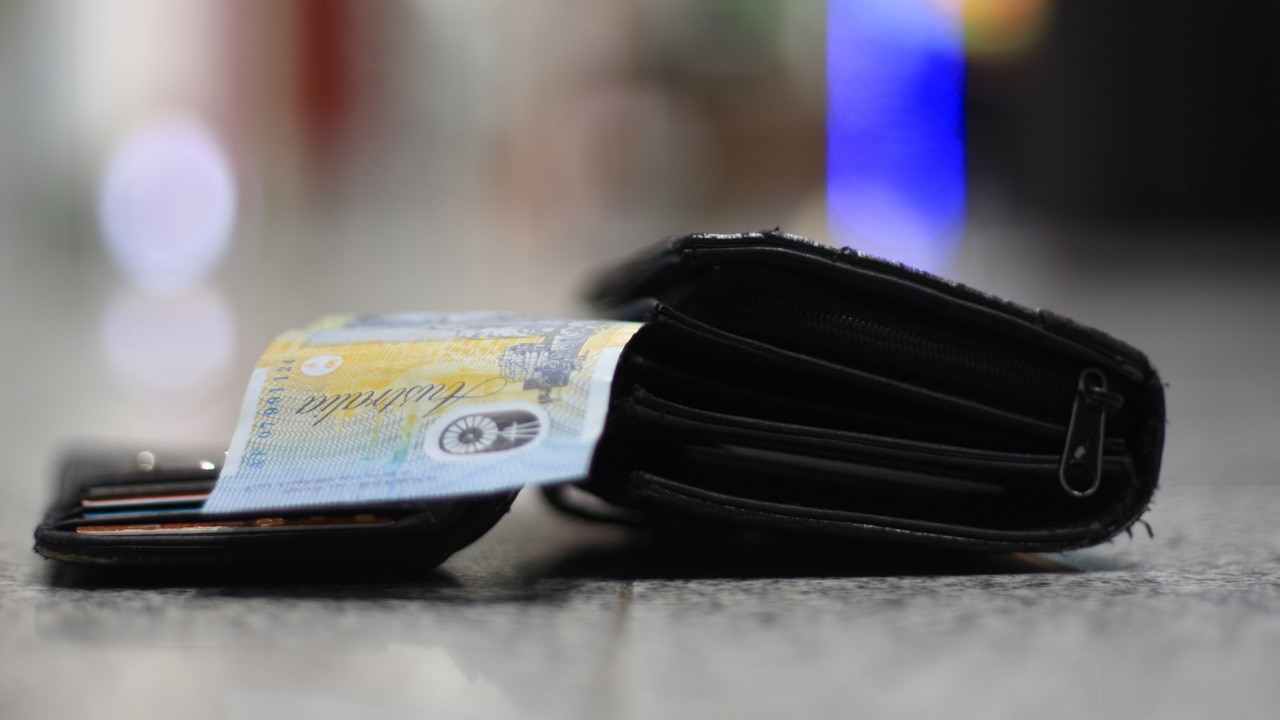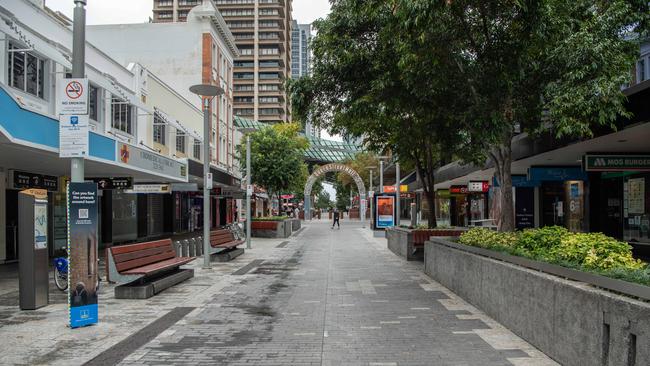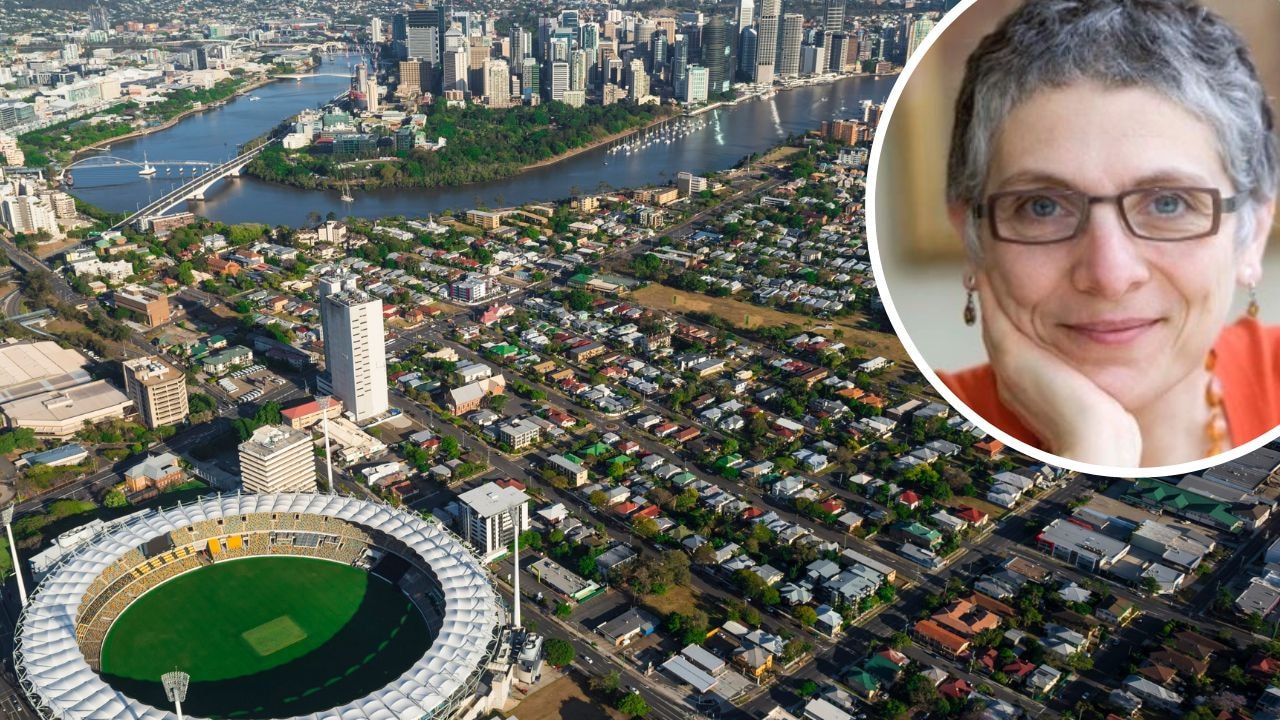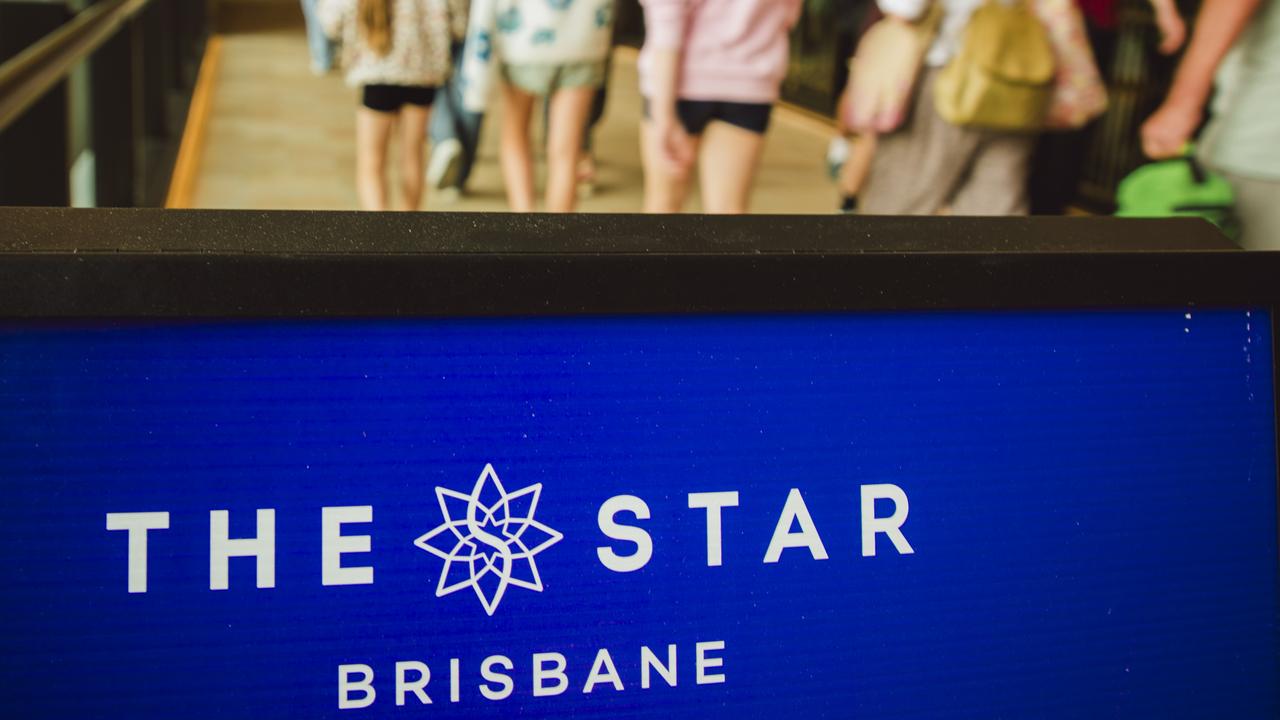Mike O’Connor: Hidden Covid numbers they don’t want us to see
When our politicians stand up at their daily Covid briefings there’s one horrific number they won’t share with us, writes Mike O’Connor.

Mike O'Connor
Don't miss out on the headlines from Mike O'Connor. Followed categories will be added to My News.
The sign in the window of the empty shell that was a food outlet in my local shopping centre was as sad as it was succinct. “Sorry,” it said. “This was one lockdown too many.”
Here today, gone tomorrow. Another food outlet a few doors away closed last month with only the now familiar small, typed notice on its door to mark the end of the hopes and plans that had launched it.
Notes taped to the windows of empty shops have become the trademark small business obituary of the pandemic, so numerous now to be deserving of but a brief passing mention in everyday conversation.
“I see the XYZ shop has closed. What a shame,” we remark and then move on. The daily media briefings by premiers record the score in terms of infections and hospitalisations.
You won’t find any politician, however, standing up and announcing that yesterday, another 50 small businesses shut their doors for the last time and another 100 people are now wondering how they are going to pay back the money they borrowed and hoping they don’t lose their homes.
It’s the face of Covid that most of us never see. We have become so accustomed to people in the food, beverage, hospitality and tourism industries saying that they are facing disaster that it no longer has any impact on our consciousness.
“What are the latest numbers?” we ask without any thought for those who through good fortune or good management have dodged the virus only to find themselves standing on the brink of a financial cliff.

Depression, despair, domestic violence and substance abuse are the spectres that haunt them.
For many of us, the experience has been one of acute inconvenience. The lockdowns, the home quarantines, the restrictions on social life and travel and the dreaded masks all adding to the feeling summed up by a friend of mine last week when he said to me “Mate, I’m (expletive) over this!”
Like most of us, he had suffered socially, the more so because he lives alone but the financial impact on his life has been zero.
Our legions of public servants have been similarly unaffected. Their salaries still drop into their bank accounts and life goes on, albeit with the irritant of restrictions.
Big business is seen as being too big to fail and enjoys government support – too much it might be argued in some cases – and when profitability is threatened, workers are laid off. There are some now enjoying record profits as people redirect cash once spent on travel so for them, life’s never been better.
Politicians suffer no pain at all. Those in power use the crisis to bolster their positions with tough talk and parochial jingoism while those in opposition struggle to land a blow.
Life, in other words, goes on and for some it’s as sweet as it gets.
As South East Queensland emerges from its latest lockdown, it does so in the glow of a glimmer of hope. In spite of the botched vaccine rollout and the ill-advised criticism of Astra-Zeneca from people who should have known better and who have now, belatedly, shifted their position, the number of Australians who now enjoy the protection of vaccination is slowly rising.
Sadly the prospect of the demise of lockdowns that now shimmers on the horizon will, when it materialises, be too late for many. Their life’s work will have gone, with nothing to show for all that hard graft but the bitter taste of defeat by an enemy against which they were helpless.
There is still time, however, to save the futures of those who have managed to keep their doors open with one eye on their cashflow and the other on the television screen, watching and waiting for more bad news.
It is now obvious to anyone – including the chronically stupid and the terminally ignorant – that the only way the image of normalcy, that beckons on the distant horizon, can take form is by mass vaccination.
It would be a good thing if those who oppose it realised that they are in the unique position of being able to do something great, not for themselves and not for something as grand as the nation, but for thousands of people they will never meet.
They are now presented with the opportunity to help save the livelihoods of the small business battlers and their families for whom the next six months will be critical.
Roll up your sleeve and you can put an end to the “Sorry. This was one lockdown too many” signs taped to the windows of empty shops.
It’s up to you.





